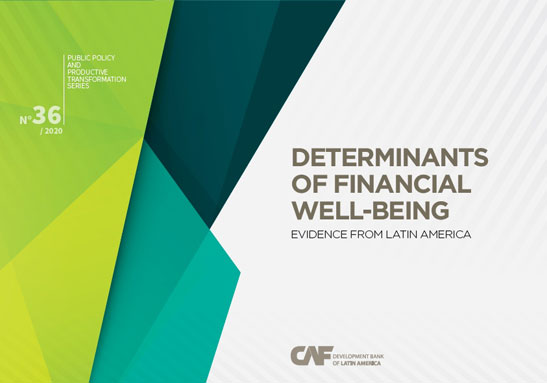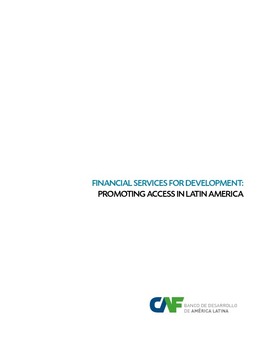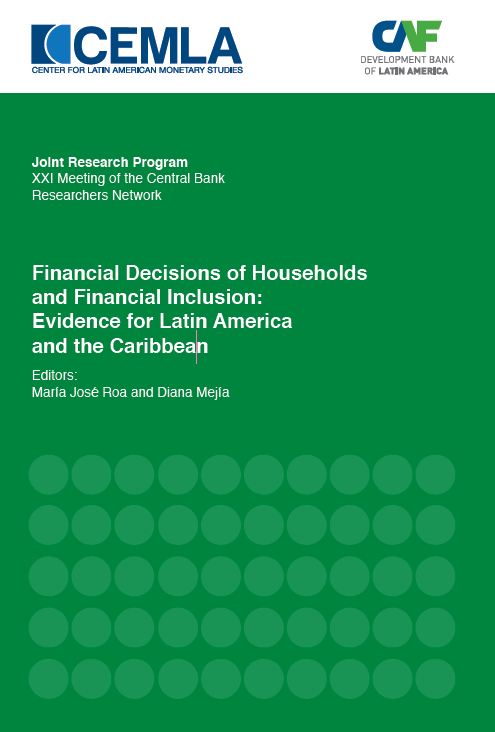| dc.contributor.author | Chong, Juan Carlos | |
| dc.contributor.author | Frisancho, Verónica | |
| dc.contributor.author | García, Antonella | |
| dc.contributor.author | Ventura, Édgar | |
| dc.coverage.spatial | Perú | es_ES |
| dc.date.accessioned | 2025-10-30T05:37:14Z | |
| dc.date.available | 2025-10-30T05:37:14Z | |
| dc.date.issued | 2025-10-30 | |
| dc.identifier.citation | Chong, J. C., Frisancho, V., García, A., & Ventura, É. (2025, October 30). Lasting Lessons: The Long-Term Impacts of School-Based Financial Education. Retrieved from https://scioteca.caf.com/handle/123456789/2534 | en_GB |
| dc.identifier.uri | https://scioteca.caf.com/handle/123456789/2534 | |
| dc.description.tableofcontents | This study experimentally examines the long-term effects of school-based financial education, analyzing data from nearly 60,000 individuals in Peru, seven years post-intervention. Treated students increased their total debt by 7.2% and average loan size by 7.8%, shifting from revolving to non-revolving credit. Borrowing terms improved slightly, and repayment performance remained unaffected despite increased borrowing. Formal employment and business formation remained unchanged. Impacts were equitable across sex and socioeconomic status, but higher performing students gained more in credit access. During the COVID-19 pandemic, financial education enhanced resilience by reducing reliance on revolving credit in favor of productive loans. | es_ES |
| dc.language.iso | en | es_ES |
| dc.subject | Educación | es_ES |
| dc.subject | Estudiantes | |
| dc.subject | Finanzas | |
| dc.subject | Jóvenes | |
| dc.subject | Sector académico | |
| dc.subject | Habilidades y destrezas | |
| dc.subject | Investigación socioeconómica | |
| dc.title | Lasting Lessons: The Long-Term Impacts of School-Based Financial Education | es_ES |
| dc.type | workingPaper | es_ES |




